Conservation Jobs – Naturalist, Conservationist, Filmmaker, Educator
If I were to give a piece of advice it would be to learn about conservation and the environment sector first and see what really excites and drives you.
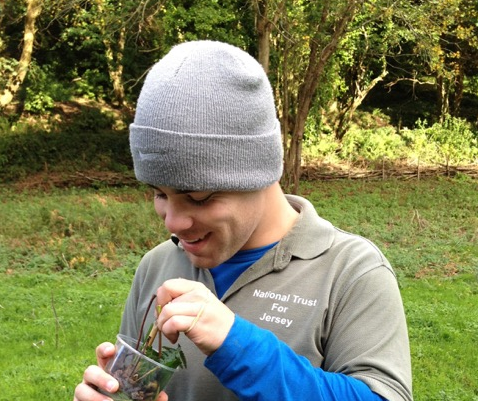
Hi Stephen! So what is it that you do?
Naturalist, conservationist and filmmaker. At the present time I am self-employed and run my own business that focuses on education sessions for families, children and adults.
And what does this entail?
A mixture of things to be honest, as I am trying to create a career for myself and forge some sort of path.
I work for numerous organisations such as The National Trust where I help with their education programme. I also work for the BBC on Springwatch and run my own business that primarily focuses on wildlife education sessions for children and families.
I also try and travel to help on conservation projects abroad and to use my skills in the field, as well as try and learn new skills along the way.
What is a typical day for you?
A lot of my day is spent writing emails to various organisations, especially schools and teachers, as well as planning. A ‘typical’ day also depends on the time of year and the season. During the late spring/summer and autumn I spend most of my days outside.
What are the most important skills for your role?
Flexibility is key for working in conservation as it can pull you in many different ways. I would also say the personal communication skills are really important as it is advantageous to work with other parties and people.
Determination and perseverance are also qualities that are needed and are ones that you learn naturally as develop in this field. This is mainly due to the fact that competition for jobs is great and funding is scarce, meaning you will get knock backs and at some point things will not go the way you expected them to, which is okay.
How did you get into this role?
A lot of it has been trial and error with me and I have experienced as much as I can to see what really drives me and what specific area passionate about more than others. I spent 4 years at University to attain a Master’s degree in conservation biology and since then have worked in the UK and abroad to improve my skills.
My main focus at the moment is education, which I accidently dropped into as it was suggested I applied for a job as an education officer as it may suit me, for which it did.
So what is it about education that you feel fits you so well?
With me, education is all about engaging and communicating with the public and families. You need to be honest, open and personal to all questions and queries which is something I really enjoy. For me, I have a natural ability of engaging with children, nurturing their interests and hopefully becoming someone they trust and look up to. Being an educator is all about becoming a ‘significant other’ for families and this is what I am passionate about and I endeavour to be their contact point for the natural world.
Why do you think conservation education is important?
I firmly believe that we should not explore conservation, habitat destruction and species extinction until children reach secondary school or around the age of 12 at the very least. What we need to do is nurture and engage more with the connection to the natural world that children naturally have. Wildlife education is of crucial importance, more importantly wild play, and it is something that is still under appreciated, especially in terms of the benefits it brings. If we really are to change how our society sees the environment, how it portrays wildlife, then we need to change how we educate and engage, especially with children. Not only will an evolved education ethos help the species we love, but science shows that it will greatly improve the physical and mental well being of society, which is something that cannot be ignored or under estimated.
What recommendations would you make to someone interested in a role such as yours?
If I were to give a piece of advice it would be to learn about conservation and the environment sector first and see what really excites and drives you. This may be research or education or policy making, but whatever it is, once you have found it, focus on it all that you can, let it become your specialty, trust that it will take you somewhere, and above all be yourself.

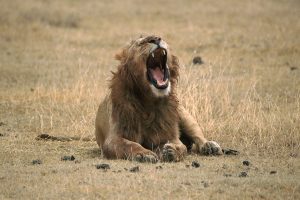
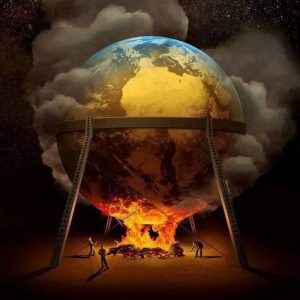
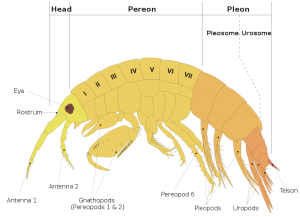
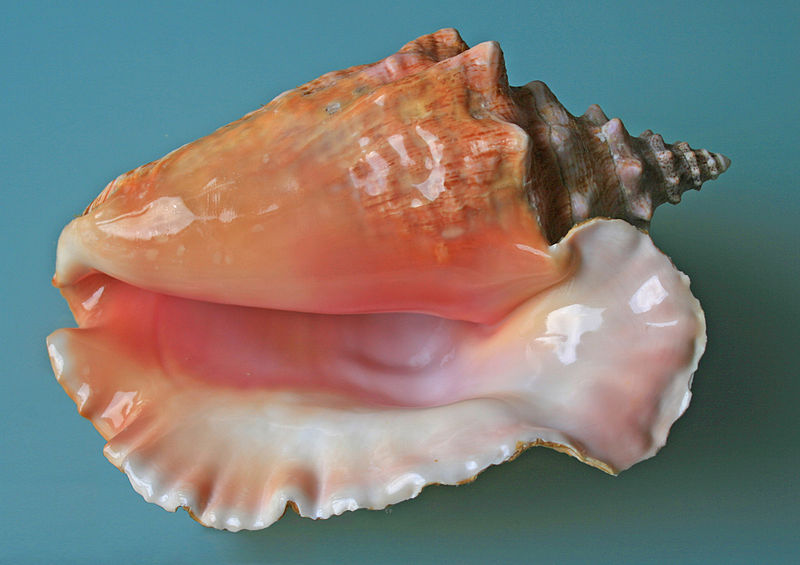
No comments yet.